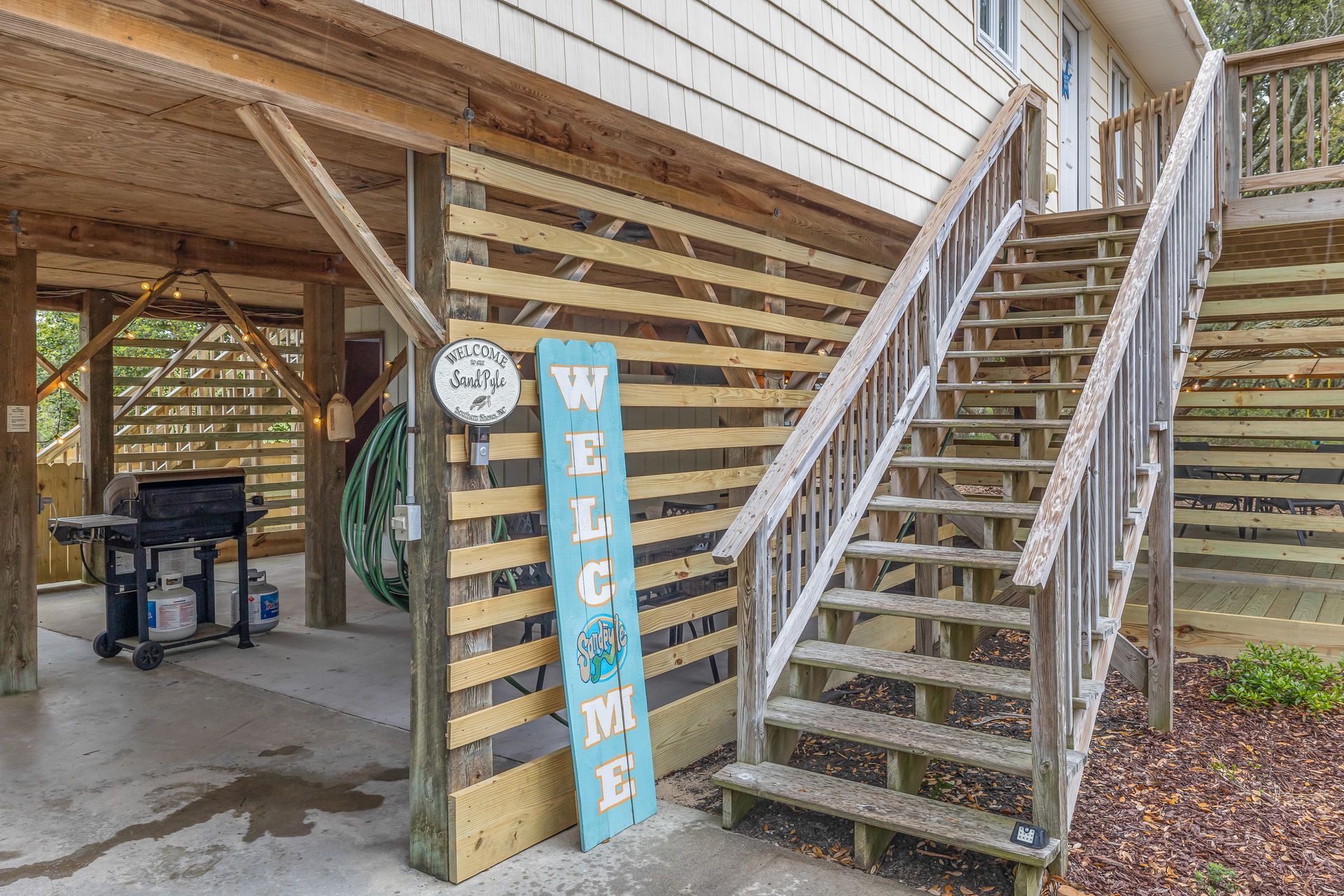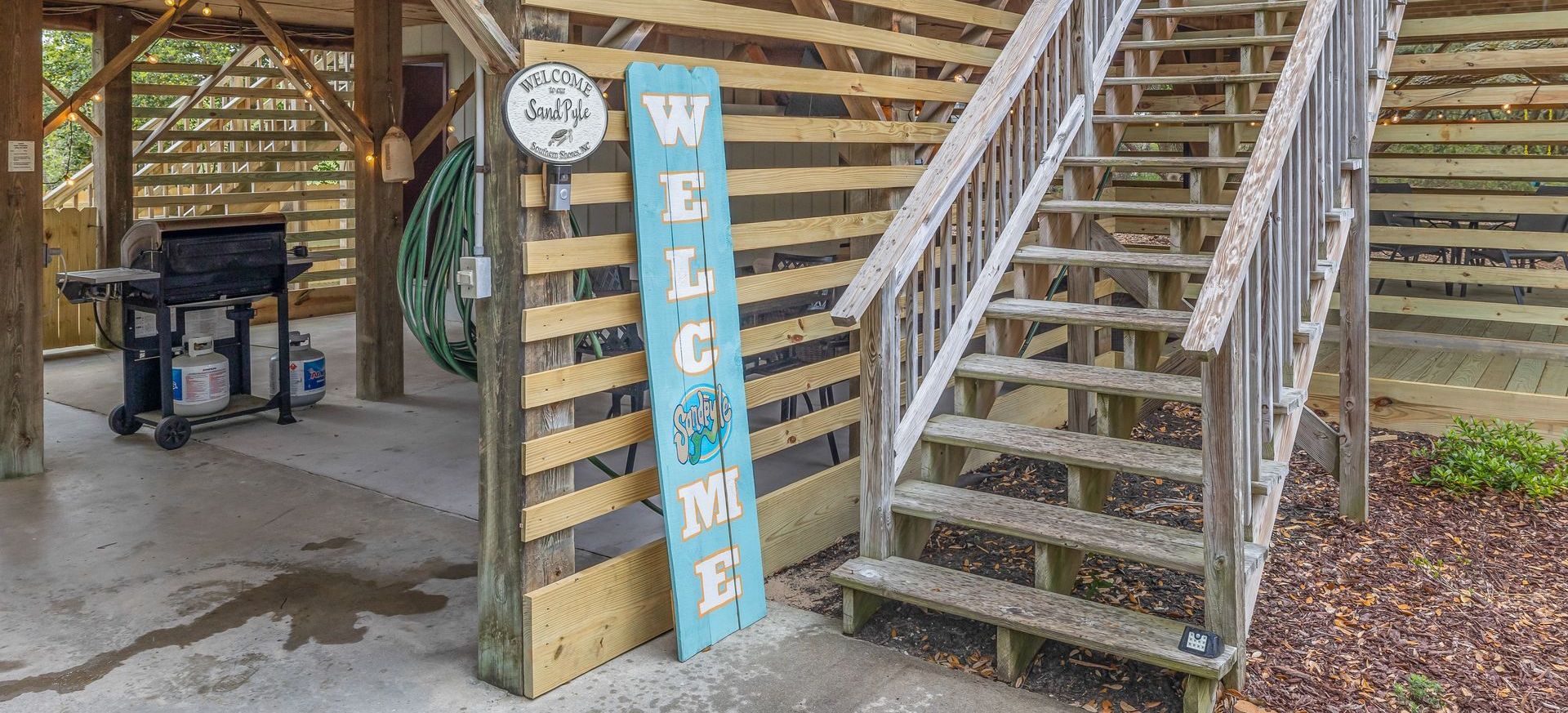The Ultimate Guide to Buying a Beach Home
Buying a beach home is a dream for many! Waking up to the sound of waves, enjoying breathtaking ocean views, and having the perfect getaway just steps from the shore. However, purchasing a beachfront property requires careful consideration beyond just location and aesthetics. Here’s what you need to know before investing in your own slice of paradise.
Location is Everything
While "beachfront" is an appealing term, not all coastal properties offer the same benefits. Consider factors such as:
- Tide Levels & Erosion – Research how the shoreline changes over time, especially in areas like the Outer Banks, which are prone to shifting sands and storms.
- Proximity to Amenities – Are there nearby restaurants, shops, and medical services? Popular areas like Virginia Beach and Norfolk offer a variety of conveniences, while some locations in the Outer Banks are more remote.
- Access to the Property – Some beach homes are on private or seasonal roads that may impact accessibility, particularly in more secluded areas of North Carolina’s coast.
- Local Regulations – Different areas have zoning laws that affect renovations, short-term rentals, and property usage. Virginia Beach has specific rental regulations, and the Outer Banks have restrictions on building heights and storm-resistant structures.
Understand the Costs Beyond the Purchase Price
Owning a beach home comes with additional costs that may not apply to inland properties:
- Flood & Wind Insurance – Many coastal homes in Virginia and North Carolina require specialized coverage due to hurricane and storm risks.
- Maintenance & Upkeep – Saltwater, humidity, and sand can accelerate wear and tear on the home’s exterior and appliances.
- HOA Fees & Community Costs – If your beach home is within a gated or resort-style community, expect additional fees, especially in areas like Sandbridge or Corolla.
Financing a Beach Home
Financing a beach property differs from traditional home loans. Lenders often consider them a higher risk, leading to:
- Higher Down Payments – Some lenders require 20-30% down for vacation or investment properties.
- Stricter Loan Terms – Interest rates may be slightly higher, and approval requirements could be more stringent.
- Rental Income Considerations – If you plan to rent out the property, lenders may evaluate potential rental income as part of loan eligibility, particularly in areas like the Outer Banks where seasonal rentals are common.
Short-Term Rentals & Income Potential
If you’re considering renting out your beach home, research:
- Local Rental Laws – Virginia Beach and Norfolk have short-term rental restrictions, while the Outer Banks remain a popular vacation rental destination with certain permitting requirements.
- Market Demand – Seasonal fluctuations affect rental income; check occupancy rates for similar properties.
- Property Management Options – If you don’t plan to manage rentals yourself, hiring a property manager can help with bookings, maintenance, and guest communication.
For a deeper dive into hidden expenses, check out my other blog: “6 Surprise Costs To Consider Before Buying a Short-Term Rental Property.”
Inspections & Weather Considerations
A beach home inspection is crucial, with extra attention to:
- Foundation Stability – Coastal homes must withstand shifting sands and strong winds, particularly in areas prone to hurricanes.
- Corrosion & Salt Exposure – Metal fixtures and electrical systems are more susceptible to damage from salt air, especially in Norfolk and the Outer Banks.
- Hurricane & Storm Protection – Look for homes with impact-resistant windows, storm shutters, and elevated foundations to meet Virginia and North Carolina coastal building codes.
Buying a beach home is an exciting and rewarding investment, but it requires thorough research and planning. From understanding the true costs to ensuring it meets your lifestyle and financial goals, a well-informed approach will help you secure the perfect coastal retreat.
The tide is right to buy or sell your beach home! I’d love to guide you through the process and be your forever Realtor®.
Text me at (757)-617-5815, and let’s turn your coastal dreams into reality!

